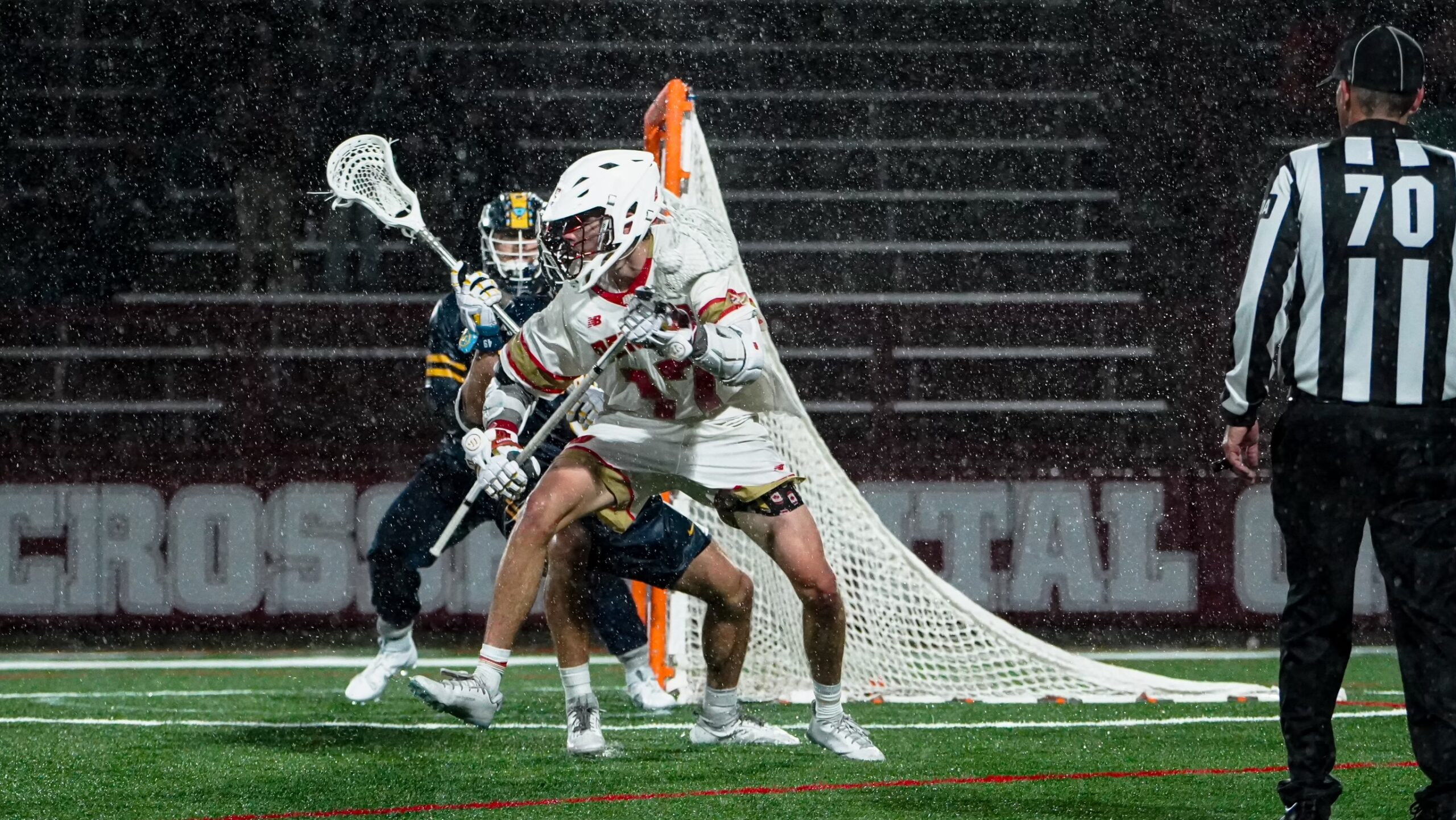About 50 students learned their legal rights at the Know Your Rights workshop last week that was presented by National Lawyers Guild and the AUSA Senate.
The hands-on workshop to prevent getting in trouble with the law offered legal role-plays and enactment of scenarios with police.
Midnight Special Law Collective is a nonprofit organization that is dedicated to providing legal training and support.
The group visited DU and set up the workshop to help students better their understanding of their constitutional right. The organization’s goal is to protect constitutional rights.
Students first learned that policemen are allowed to lie in situations to protect themselves.
For example, an officer involved in an undercover operation does not reveal his identity.
Police are also allowed to break the law if it is within their lines of duty.
For example, an officer can do drugs if on an undercover drug bust.
Because of this, students need to be aware of the term “entrapment.”
This is when police force a suspect to do something the suspect wouldn’t normally do.
In the first role-play of the workshop, an undercover officer convinced a student, William Thompson, to throw a chair at a window to protest the Democratic Convention and the officer helped Thompson do this. Thompson was then arrested.
Even though the policeman set up Thompson to do this, Thompson could not file entrapment. This is because the policeman did not force Thompson to throw the chair.
In these situations Midnight Special Law Collective advises the students not to do something illegal with someone they don’t know.
For campus activists, know and trust the people working in the protest. There are infiltrators who can get someone into trouble. For example, policeman posing as an activist in campus protests.
The second role-play dealt with “rent-a-cops” and security personnel. A student got caught tagging the windows of a building and security personnel found her. She began trying to talk her way out of the offence. She also signed a piece of paper without reading it because the security guard said it was a warning.
“We want to talk our way out of stuff, like with speeding tickets, but in serious situations the stakes are higher,” said Midnight Special Law Collective instructor. Instead of answering questions, the students at the workshop practiced the best option saying, “I am going to remain silent, I want to see a lawyer.”
Students were told to never sign a piece of paper without reading it. Instead of a warning slip the student signed a confession slip.
The Miranda right was also discussed. Policemen have to recite these rights if the person is being taken into custody and police want to question the suspect. In the role-play the security guard never started questioning, instead the girl being held just started talking.
The lesson: Don’t volunteer information.
A citizen’s arrest is when a security guard sees something illegal being done and holds someone until police come. If a guard is trying to hold an innocent person, that person has the right to try and escape a security guard. If a crime was actually committed it is best to not resist because more trouble will ensue.
Students also learned the three different levels of interaction by a police. First is a “casual” conversation, but know police are always trying to find information. Second is detention, where the person is being detained when police have reasonable suspicion of crime. Third is arrest, the person is taken into custody and charged with a crime at a court hearing.
When being questioned by police always ask, “Am I being detained or am I free to go?” If the police says, “Yes, you are being detained,” always ask, “Why?” Remember this reason because a lot of times it is not what they write down. Then, always say, “I am going to remain silent, I want to see a lawyer.”
To learn more helpful tips when dealing with the law visit midnightspecial.net











